Alpha Motor Opens Reservations For Its Retro-Looking Electric Pickup
Zac Estrada is a reporter covering transportation, technology and policy. A former reporter for The Verge and Jalopnik, his work has also appeared in Automobile Magazine, Autoweek, Pacific Standard, Boston.com and BLAC Detroit. A native of Southern California, he is a graduate of Northeastern University in Boston. You can find him on Twitter at @zacestrada.
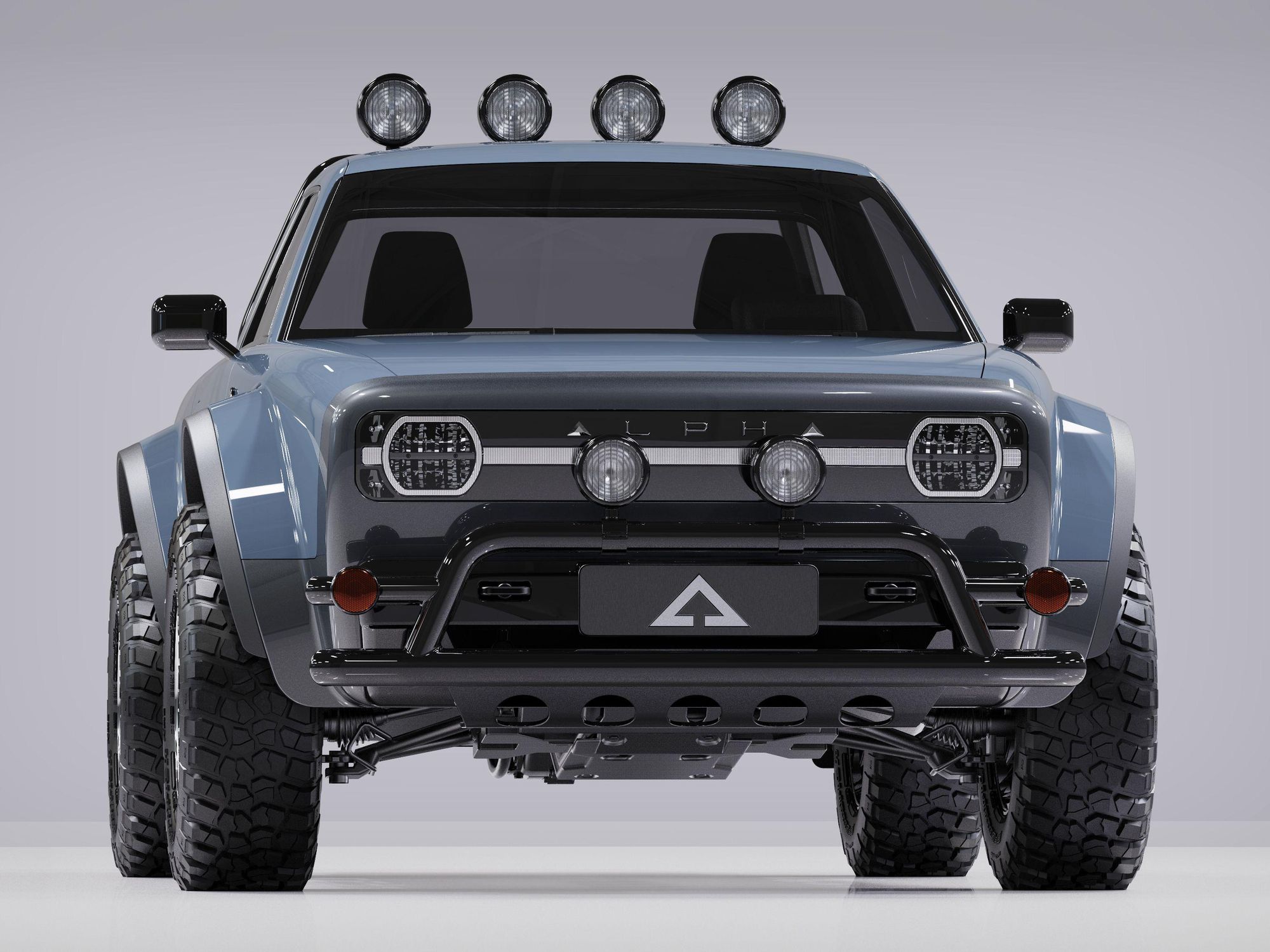
The electric pickup truck market is charging up even before the first models have hit the road.
Last week, Irvine-based Alpha Motor Inc. and Torrance-based Canoo unveiled their versions that they hope will compete with legacy companies like Ford and General Motors.
The Alpha Wolf Utility Truck, like Canoo's pickup, is a much smaller version than the gas-powered vehicles on the market. The two-seat pickup truck is just 188 inches long, about a foot shorter than the smallest gasoline-powered pickup currently on sale in the U.S. Alpha plans to offer two and four-wheel-drive versions of the Wolf with a 75-85 kilowatt-hour lithium-ion battery and projects a range of about 275 miles on a full charge.
It will be priced between $36,000 and $46,000 when it goes into production as early as 2023. With the current $7,500 federal tax credit for EVs, as well as the current $1,500 California Clean Fuel Reward, an Alpha Wolf would not only be one of the least-expensive new pickups, but also cost a fraction of what large electric trucks from General Motors and Amazon-backed Rivian Automotive are expected to sell for.
"If priced right, I feel pretty confident and excited about both," said Robby DeGraff, an auto industry analyst for Tustin-based AutoPacific.
DeGraff said both Alpha and Canoo's offerings are unlikely to sway traditional truck buyers away from brands like Chevrolet and Ford, though. But the Alpha Wolf's styling — which runs against the traditional macho image of full-size pickups — might make it attractive to outdoor enthusiasts who currently drive brands like Subaru. The Alpha Wolf would also appeal to buyers looking for vehicles in the upper-$20,000 to upper-$30,000 range, an area underserved by current pickup offerings.
"The vast majority of the hype I've been hearing or seeing about the Canoo and Alpha Wolf EV pickups is coming from friends and colleagues who partake in active outdoor recreation," DeGraff said. "They want to take the Canoo electric pickup camping deep into the woods. They want to throw a pair of mountain bikes in the back of the retro-looking Alpha Wolf and depart ASAP to Moab."
With a 65-inch-long bed, the Wolf would be short on cargo-hauling compared to the midsize pickups currently on sale. But Alpha will be able to tow up to 3,000 pounds and get from zero to 60 mph in 6.2 seconds, about a second faster than a V6-powered Toyota Tacoma. Other features promoted by Alpha were multiple charging ports inside the Wolf's interior, along with a minimalist design for the dashboard and two large digital displays, and multiple outlets for charging electronic devices.
The Alpha Wolf is the latest in Alpha's spree of product announcements, the first of which was the Icon Electric Utility Vehicle unveiled in December. Designed for both consumer and commercial use, Alpha says the Icon is meant to be adapted as an SUV, van or truck thanks to its "skateboard-like chassis."
Earlier this year, the company announced The Jax Crossover Utility Vehicle and shares the Wolf's battery components but is styled to look more like an SUV rival and is estimated to cost between $38,000 and $48,000. The Ace Coupe was announced earlier this year with two levels of performance, available all-wheel drive and a projected $32,000 starting price. Reservations for the Ace, Jax and Wolf are open on Alpha's website, but unlike other EV startups, they aren't taking deposits.
Alpha joins a growing group of both legacy and startup automakers trying to establish the electric pickup truck market, even though none of the models have yet to reach customers.
Canoo Inc. revealed its radically shaped compact pickup truck concept last week, packed with innovative storage solutions, about 200 miles of range and a projected 2023 on-sale date. Rivian expects first deliveries of its $75,000 R1T pickup truck and related R1S SUV as early as June, and plans to open a showroom in Laguna Beach later this year.
Ford Motor Company, also a Rivian investor, is expected to unveil an all-electric version of its full-size F-150 as soon as this year, along with a small pickup truck with an internal combustion engine. Archrival GM's GMC Hummer EV, announced last October, is expected to reach customers this fall with as much as 1,000 horsepower and an initial price of at least $112,000. Elon Musk said in January production of the Tesla Cybertruck, previewed in 2019, could start by the end of this year, but volume sales will likely begin in early 2022.
- A Super-Charged Electric Vehicle Market: Rivian, Fisker and Karma ... ›
- Canoo Introduces Its New Electric Truck - dot.LA ›
Zac Estrada is a reporter covering transportation, technology and policy. A former reporter for The Verge and Jalopnik, his work has also appeared in Automobile Magazine, Autoweek, Pacific Standard, Boston.com and BLAC Detroit. A native of Southern California, he is a graduate of Northeastern University in Boston. You can find him on Twitter at @zacestrada.


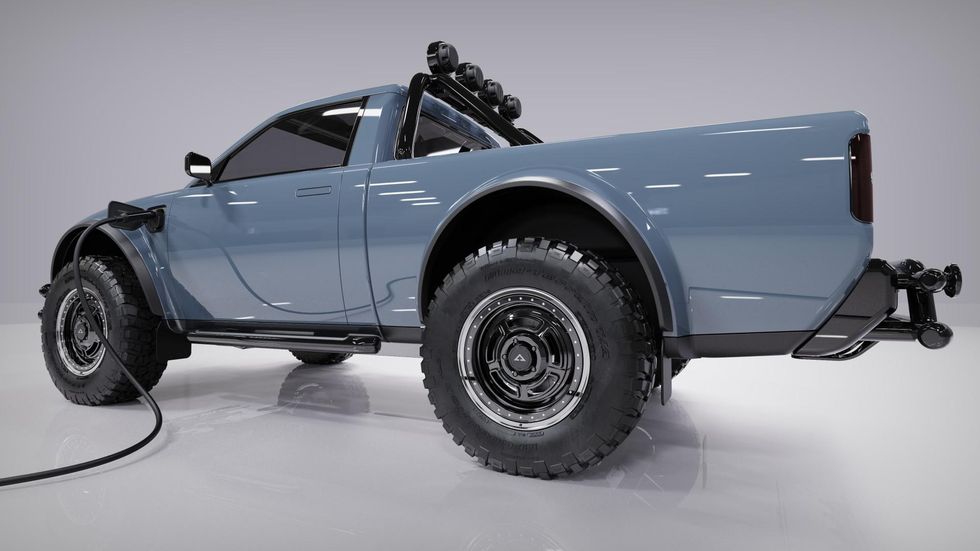
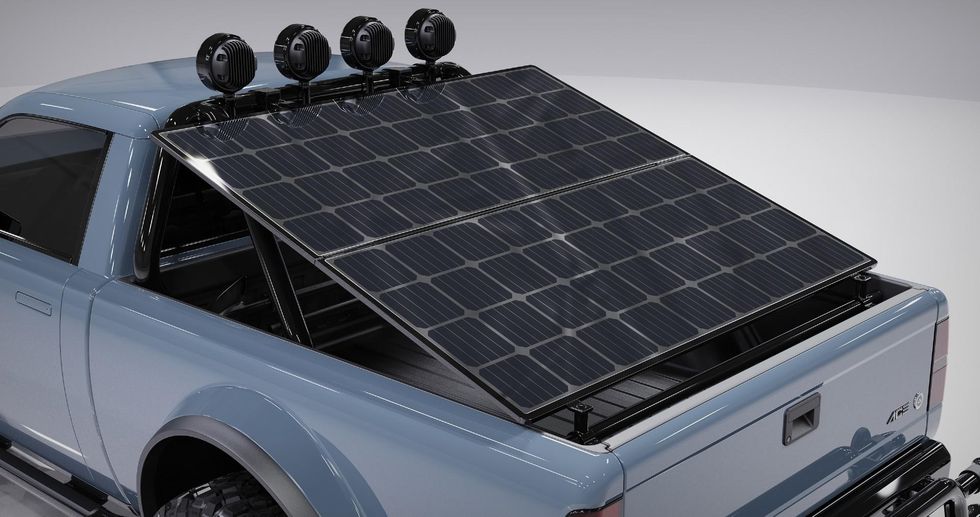


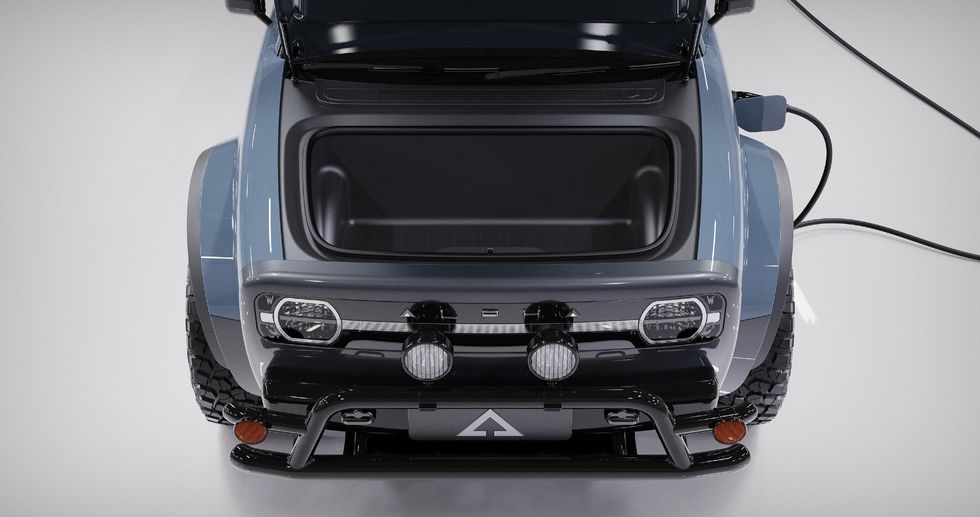
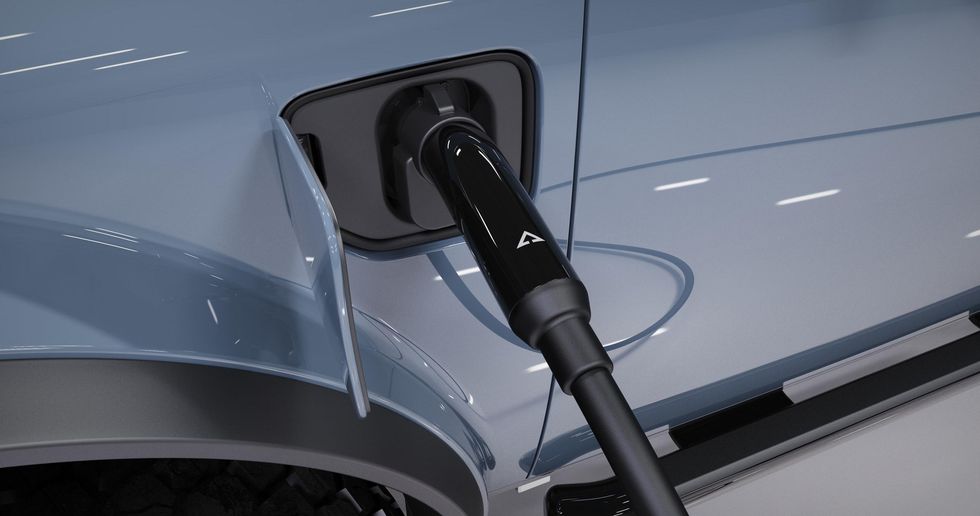
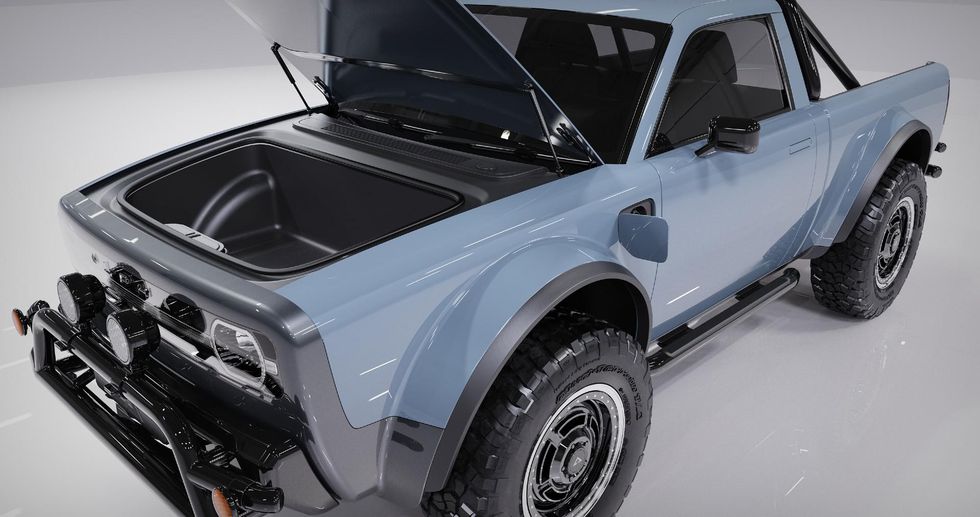
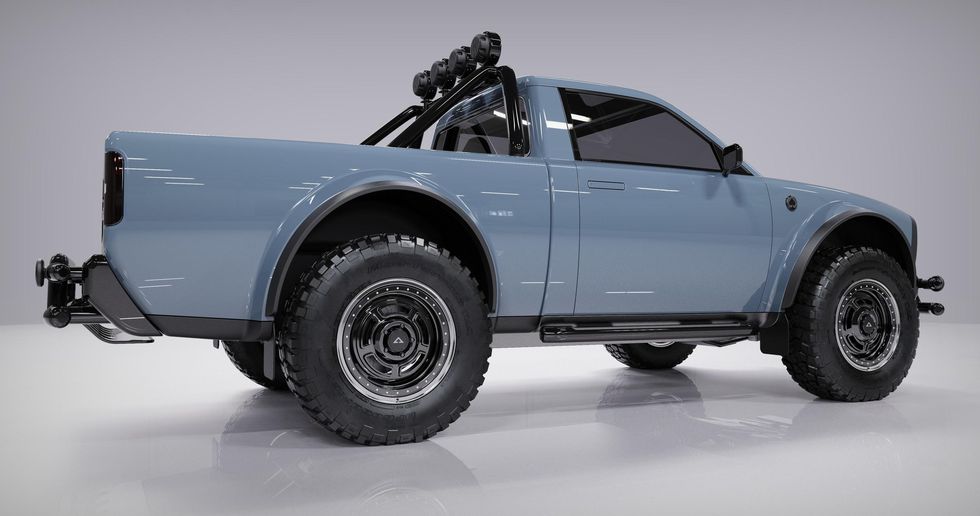



 Image Source: Skyryse
Image Source: Skyryse